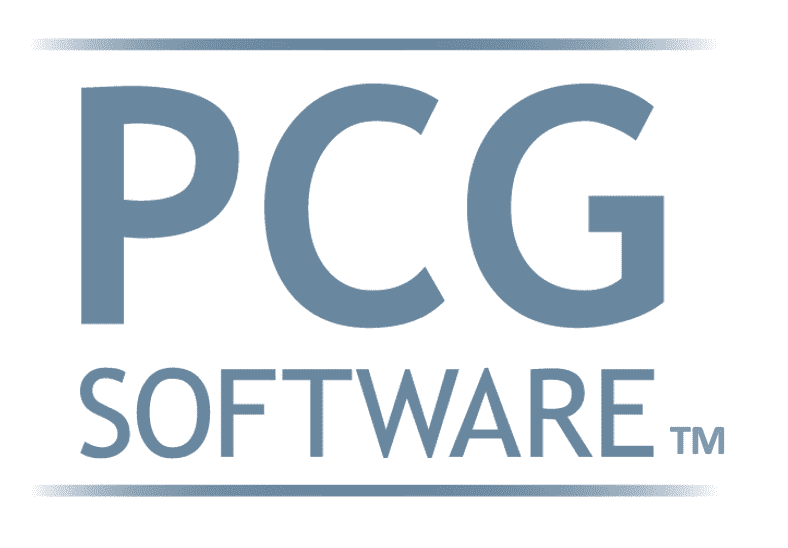How can AI Help with Medical Claims Submissions and Processing?
We explore how AI can be utilized to reduce and offset the ever-growing cost of the US Healthcare systems Medical Billing Claims submissions, errors, and reviews.
Healthcare Costs Continue to Climb
Did you know that there are 336 million people in America, 91% of Americans and legal immigrants are insured, 18-21% of those are under some form of Medicare coverage? Or that US Healthcare costs over $4 trillion per year?
Per Center for Medicare Services (CMS), the average family of four is paying over $12,000 per year for healthcare costs and coverage. Medicare and Medicaid spending is growing 8.4% and 9.2%, respectively. Medicare and Commercial Billing Fraud cost US Taxpayers
$5.8 Billion in 2021.
In 2021, over 16% of all medical billing claims were denied (48 million total claims denied). The average claim costs providers and/or plans $25-$40 per appeal. Simple math tells us that those 48 million denied claims cost the US Healthcare system over $1.2 Billion in delays and/losses.
Can AI help turn back the ever-growing tide of Healthcare costs in America?
AI Benefits to Medical Billing Processes
Medical claims processing plays an integral role in this field–yet it can be a complicated and lengthy process filled with potential for errors or fraud. Fortunately, AI has revolutionized healthcare by reducing manual administrative tasks associated with these processes and introducing more efficient ways to handle reimbursements from insurance providers.
Medical Coding AI softwares can be used prior to claims submissions, post submission, and medical coding and medical claims auditing. Medical coding AI software can increase approval rates and speed up reimbursement times for providers - ultimately improving overall efficiency in the sector. Just imagine if AI could help reduce billing error costs by 8%, that would be a savings of $96 million. If widely utilized and it could save 25%, that’s a whopping $300 million in savings.
Automated Claims Processing
Medical claim processing has traditionally been a tiresome and error-prone process. Manual data entry may result in costly delays or denials, but those risks can now be avoided with AI technology! Automation of key steps like submission, coding and analysis makes the entire procedure faster and more accurate—bringing welcome relief to professionals dealing with paperwork overload.
AI-powered claims processing systems can automatically extract data from various sources, including electronic medical records (EMRs), insurance forms, and other documents. The systems can use natural language processing (NLP) algorithms to extract and analyze the data, reducing the need for manual data entry. The system can also code the claim and verify it against insurance policy guidelines, leading to faster and more accurate processing.
By automating the claims processing process, AI can increase the number of approvals and reduce the number of denials. The system can quickly identify errors or discrepancies in the data, allowing healthcare providers to rectify them before submission. This, in turn, reduces the number of rejected claims, leading to faster reimbursement times for healthcare providers.
Fraud Detection
We already told you that the US Healthcare Economy in 2021 saw $5.8 Billion in fraud. What if AI could help reduce 8% or 25% of that fraud? That would be $464 Million to $1.5 Billion in savings!
Fraudulent medical claims cause a cascade of costly problems; insurance companies suffer financial losses and are forced to raise premiums, while healthcare providers and patients experience frustration from lengthy processing delays. With so much at stake, effective fraud detection has become an essential component for successful claim management.
Insurance providers can utilize the power of AI to detect fraud quickly and efficiently. Advanced machine learning algorithms analyze claims data for anomalies, patterns, or discrepancies against historical databases. This powerful system helps insurers eliminate costly fraudulent activity before it causes damage.
AI-powered fraud detection systems can also use predictive analytics to identify potential fraud before it happens. The system can analyze data from various sources, including social media, to identify patterns and behaviors that indicate potential fraud. This allows insurance providers to proactively investigate potential fraudulent claims, reducing the overall number of fraudulent claims.
By leveraging the power of AI, both healthcare providers and insurance consumers can experience faster reimbursement times and lower costs. Fraudulent claim identification is a key factor in realizing these benefits—streamlining payments for legitimate claims while reducing premiums associated with fraudulent activities.
Predictive Analytics
AI-powered predictive analytics can help medical clinics avoid submitting erroneous claims avoiding the cost of appeals. Not to mention the need to hire additional staff for manual entry. The annual cost to hire a US Medical Coder is between $45,000 to $65,000 per year! So what seems like a better solution… hiring 1-3 billers at $4,000 per month or licensing a AI medical coding software that helps your existing staff for $99 - $499 per month?
AI-powered predictive analytics can help insurance providers identify claims that are likely to be approved or denied. Predictive analytics systems use machine learning algorithms to analyze claims data and identify patterns that indicate approval or denial. These systems can also use historical claims data to identify patterns and trends that indicate approval or denial. For example, PCG Software’s
Virtual Examiner does just that.
By using predictive analytics, insurance providers can identify claims that are likely to be approved, leading to faster processing times and reimbursement for healthcare providers. Additionally, by identifying claims that are likely to be denied, insurance providers can proactively work with healthcare providers to rectify any errors or discrepancies before submission, reducing the number of denied claims. The utilization of AI in terms of both auditing and teaching providers within their lines of business is crucial to avoid recovery efforts.
AI helps Improves Communication
AI-powered communication systems can help healthcare providers and insurance providers communicate more efficiently and effectively. AI can automate communication processes, such as sending reminders, notifications, and updates, reducing the need for manual communication. These systems can also use natural language processing (NLP) algorithms to understand and respond to patient inquiries, providing accurate and timely responses.
By improving communication, AI can help healthcare providers and insurance providers work together more effectively, leading to faster processing times and increased approvals. Additionally, by providing patients with accurate and timely information, AI-powered communication systems can improve patient satisfaction, leading to better patient outcomes.
AI and Reduced Administrative Costs
Medical claims processing can be a costly process, with the need for extensive administrative work and manual data entry. By automating various tasks, AI can reduce the overall administrative costs associated with medical claims processing. Additionally, by reducing the number of denied claims, healthcare providers can reduce their administrative costs associated with appealing denied claims.
By reducing administrative costs, healthcare providers can redirect resources to other areas, such as patient care, leading to better patient outcomes. Additionally, insurance providers can reduce their costs associated with claims processing, leading to lower premiums for consumers.
Conclusion
AI has the potential to transform medical claims processing, increasing the number of approvals and reducing the overall administrative costs associated with claims processing. AI-powered systems can automate various tasks, such as data extraction and coding, leading to faster and more accurate processing times. Additionally, AI-powered fraud detection systems can identify fraudulent claims quickly, reducing the overall number of fraudulent claims and increasing the number of approvals for legitimate claims.
By improving communication and reducing administrative costs, AI can help healthcare providers and insurance providers work together more effectively, leading to better patient outcomes and lower premiums for consumers. While there are challenges that must be addressed, the potential benefits of AI in medical claims processing are significant, and the technology has the potential to transform the healthcare industry.
Our History and Credibility in Reporting this Information:
For over 30 years, PCG Software Inc. has been a leader in AI-powered medical coding solutions, helping Health Plans, MSOs, IPAs, TPAs, and Health Systems save millions annually by reducing costs, fraud, waste, abuse, and improving claims and compliance department efficiencies. Our innovative software solutions include Virtual Examiner® for Payers, VEWS™ for Payers and Billing Software integrations, and iVECoder® for clinics.
Support Request
New Customer Quick Links
All Rights Reserved | PCG Software, Inc.
Website Created & Managed by Talents Into Profits


